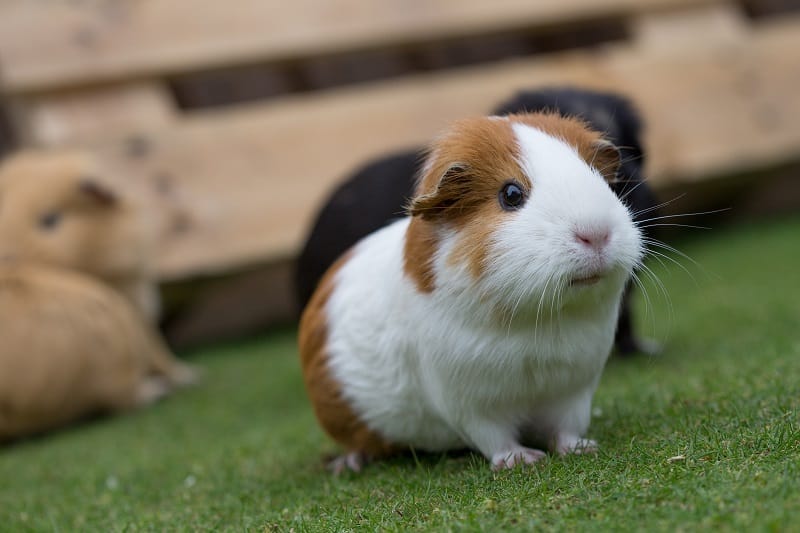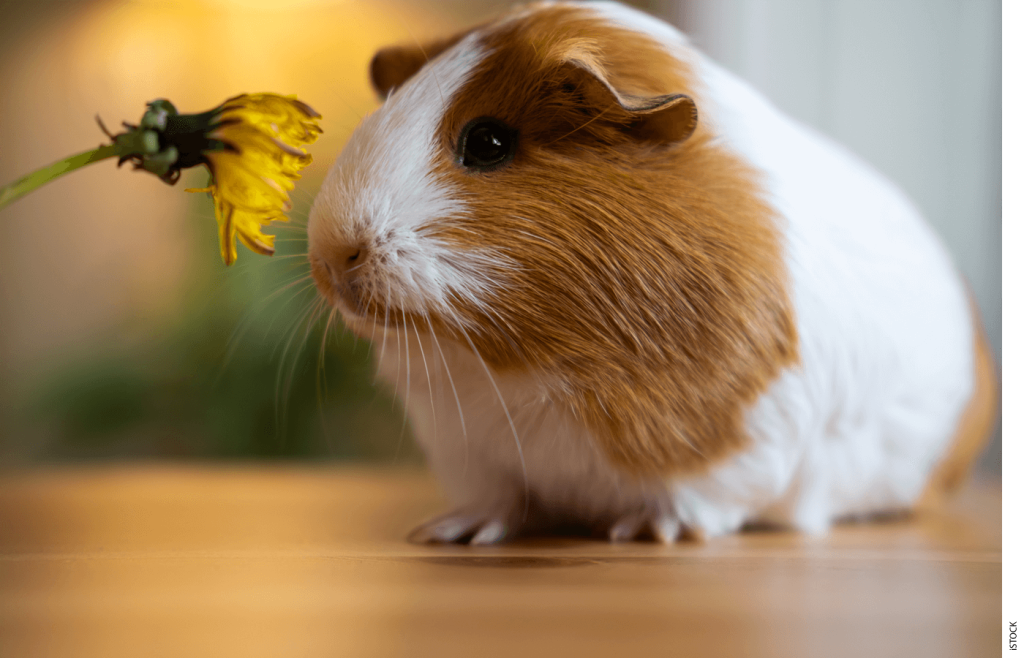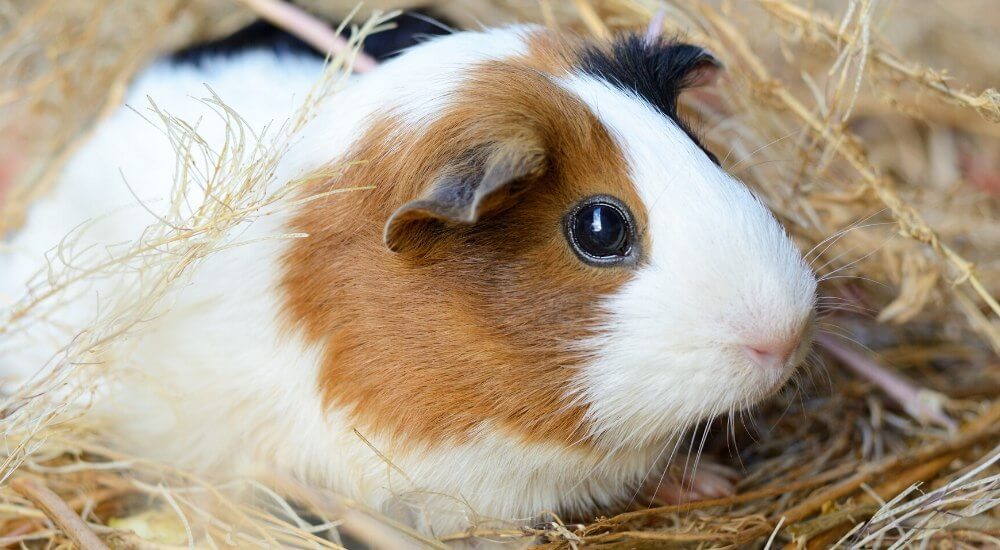Guinea pigs are social, friendly, and playful pets, and they make great companions for many people. However, like any other pet, guinea pigs are susceptible to health issues, including digestive problems. Digestive problems in guinea pigs can be caused by a variety of factors, including diet, hydration, stress, and genetics. Owners should be aware of the signs and symptoms of digestive problems in guinea pigs and take proactive steps to prevent and treat these issues.

Diet
One of the most common causes of digestive problems in guinea pigs is improper diet. Guinea pigs are herbivores, and their diet should consist mostly of hay, fresh vegetables, and fruits. However, many guinea pig owners are not aware of the specific dietary requirements of their pets, and they may feed them a diet that is too high in protein, fat, or carbohydrates.
An unbalanced diet can cause a variety of digestive issues in guinea pigs, including diarrhea, constipation, and bloating. Diarrhea is characterized by loose, watery feces, and it can be caused by a variety of factors, including bacterial infections, parasites, and dietary changes. Constipation, on the other hand, is characterized by infrequent, hard feces, and it can be caused by a lack of fiber in the diet. Bloating, which is characterized by a distended abdomen, can also be caused by an inappropriate diet, as well as stress and other factors.
To prevent digestive problems caused by an improper diet, guinea pig owners should consult with a veterinarian or a knowledgeable pet store employee to ensure that they are feeding their pets a diet that is appropriate for their age, weight, and overall health. It is also important to provide guinea pigs with plenty of fresh water at all times.
Hydration
In addition to diet, hydration is an important factor in preventing digestive problems in guinea pigs. Guinea pigs require access to fresh, clean water at all times, and they should be encouraged to drink often. Dehydration can cause a variety of health issues, including digestive problems, as it can lead to constipation and other issues.

Stress
Stress is another common cause of digestive problems in guinea pigs. Guinea pigs are social animals, and they require a comfortable and safe environment to thrive. Stressful living conditions, including overcrowding, lack of mental stimulation, and exposure to loud noises and other stressors, can cause a variety of health issues, including digestive problems.
To prevent stress-related digestive problems in guinea pigs, owners should provide their pets with a comfortable and quiet living space, as well as plenty of opportunities for mental and physical stimulation. This can include toys, hiding places, and regular interaction with their owners.
Genetics
Finally, genetics can play a role in digestive problems in guinea pigs. Some guinea pigs may be predisposed to certain health issues, including digestive problems, due to their genetic makeup. While there is little that can be done to prevent genetic health issues, owners should be aware of the signs and symptoms of digestive problems in their pets and seek veterinary care if necessary.

Signs and Symptoms of Digestive Problems
Guinea pigs can suffer from a variety of digestive problems, and owners should be aware of the signs and symptoms of these issues. Some common signs of digestive problems in guinea pigs include:
Lack of appetite
Weight loss
Diarrhea or loose, watery feces
Constipation or infrequent, hard feces
Bloating or a distended abdomen
Lethargy or lack of energy
Signs of pain or discomfort, such as teeth grinding or hunching over
If owners notice any of these symptoms in their pets, they should seek veterinary care as soon as possible. Delaying treatment can lead to more serious health issues and even death.
Preventing and Treating Digestive Problems
To prevent digestive problems in guinea pigs, owners should provide their pets with a balanced and appropriate diet that is high in fiber and low in fat and protein. They should also ensure that their pets have access to fresh, clean water at all times and provide them with a comfortable and stress-free living environment.
If a guinea pig does develop digestive problems, prompt veterinary care is essential. Treatment may include dietary changes, medication, and supportive care, such as hydration therapy and pain management.
Digestive problems in guinea pigs can be caused by a variety of factors, including diet, hydration, stress, and genetics. Owners should be aware of the signs and symptoms of these issues and take proactive steps to prevent and treat them. By providing their pets with a balanced diet, a comfortable living environment, and prompt veterinary care when necessary, owners can help ensure that their guinea pigs lead healthy and happy lives.